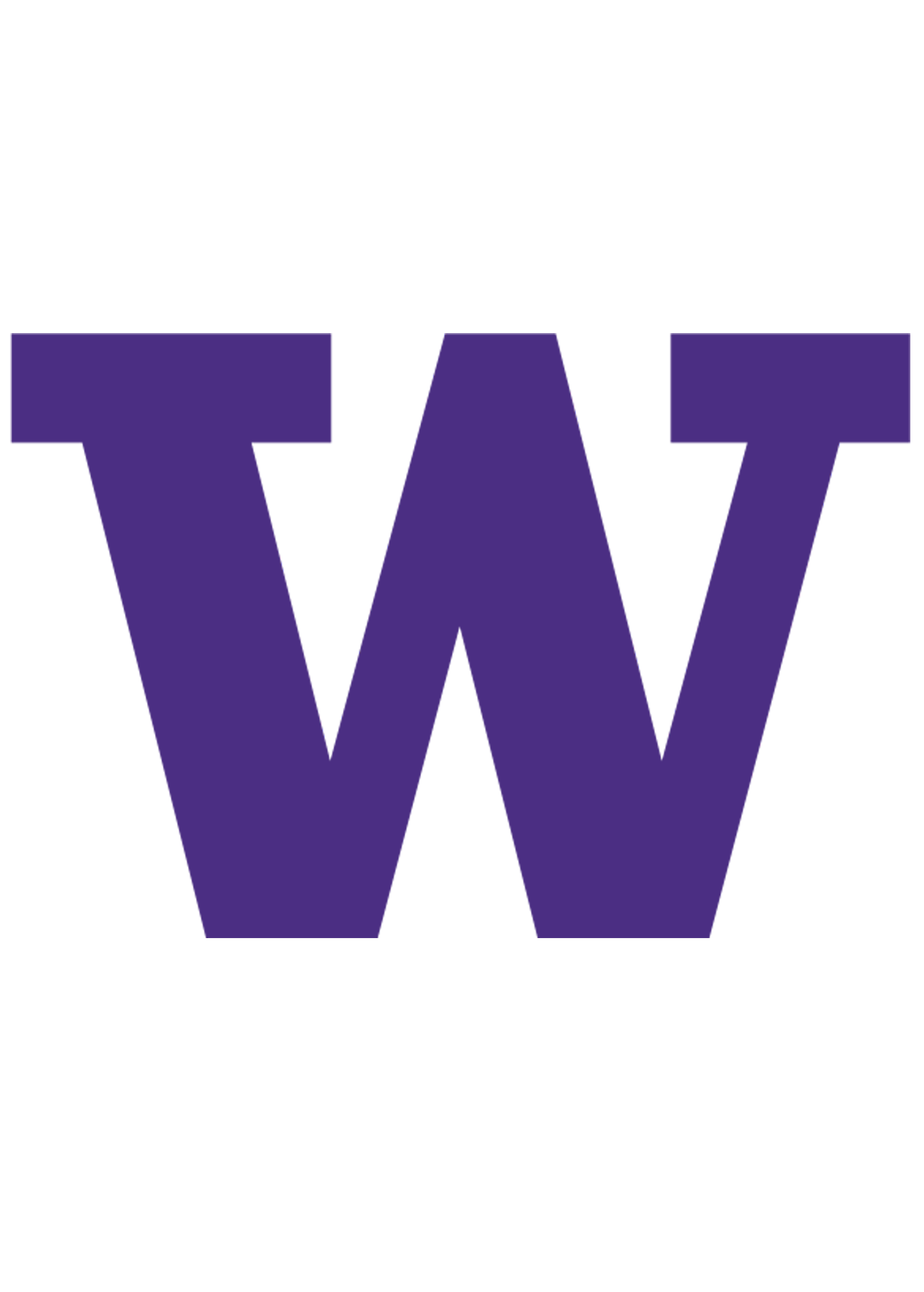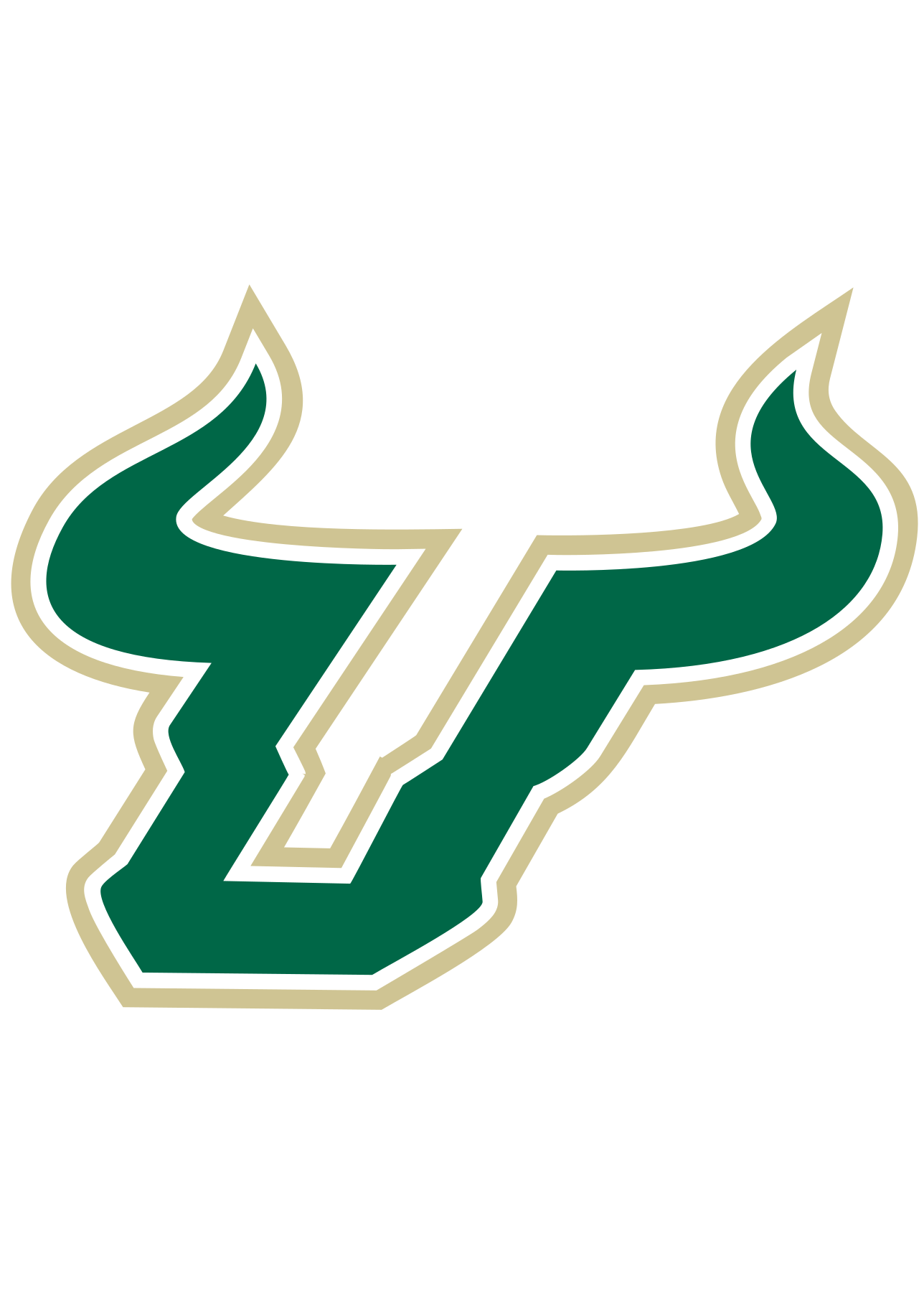For those seeking to become a master of technology, skilled in research, and prepared to meet the diverse needs of patrons, from college professors to preschool children — an online master’s in library science may be just what you need to achieve these goals. These unique programs all share one excellent quality: they don’t require the GRE, opting to assess applicants on other metrics, making this degree more accessible to a broader range of people.
Graduates will be prepared to pursue careers as public or academic librarians, with a median salary of $64,370, and archivists, earning a median salary of $59,910. Some may pursue administration roles, where they can earn a median salary of $103,460. These programs take two to three years to complete, offering a flexible path to advancing your library and information science career.
Why Trust Us
The Intelligent.com Higher Education Team is dedicated to providing students with independent, equitable school and program rankings and well-researched resources. Our expert-driven articles cover topics related to online colleges and programs, paying for school, and career outlooks. We use data from the U.S. Department of Education’s College Scorecard, the National Center for Education Statistics, and other reputable educational and professional organizations. Our academic advisory team reviews content and verifies accuracy throughout the year for the most current information. Partnerships do not influence rankings or editorial decisions.
- Analyzed over 2,000 national, accredited, and nonprofit colleges and universities
- 800+ rankings pages are reviewed and updated yearly
- Content is informed by reputable sources, surveys, and interviews with academic advisors and other experts
- Over 100 data points are reviewed for accuracy and quality throughout the year, including sources
How we rank schools
Our list features the best online Library Science (No GRE) degree programs at top colleges nationwide. Each school featured is a nonprofit, accredited institution — either public or private — with a high standard of academic quality for post-secondary institutions.
We evaluated each school’s program on tuition costs, admission, retention and graduation rates, faculty, reputation, and the student resources provided for online students. We collected data from trusted sources like the National Center for Education Statistics, individual school and program websites, school admissions counselors, and other data sources. Then, we calculated the Intelligent Score on a scale of 0 to 100 based on the following criterion:
Academic Quality:
- Admission rate versus enrollment rate
- Retention rate of students who return after year one
- Accreditation status (regional and programmatic)
- Nonprofit status, both private and public institutions
Graduation Rate
- Overall graduation rate
- Total number of currently enrolled students, including diversity metrics
- Student-to-faculty ratio
Cost and ROI
- In-state and out-of-state per-credit tuition rates and fees
- Required credits to graduate
- Earning potential after graduation
- Availability of federal student loans, scholarships, and other financial aid options
Student Resources
- Available student services for online-only and hybrid programs
- On-campus amenities like tutoring centers and the number of libraries
Read more about our ranking methodology.
Best 5 Accredited Online Master's in Library Science Programs (No GRE)
FiltersInstitution Type
Status
- Intelligent Score
- Alphabetically By University Name
- Acceptance Rate
- Enrollment
- In-state Graduate Tuition
- Out-of-state Graduate Tuition
- In-state Undergraduate Tuition
- Out-of-state Undergraduate Tuition

University of Arizona
Intelligent Score: 98.67In-state: $10,990
Out-of-state: $33,273
In-state: $11,938
Out-of-state: $11,938
SAT: 1090-1350
ACT: 21-29
$900
Online
American Library Association
37

UW Information School
Intelligent Score: 97.29In-state: $10,629
Out-of-state: $37,998
In-state: $16,278
Out-of-state: $16,278
SAT: 1200-1453
ACT: 27-33
$616
Online
American Library Association
42

University of South Florida
Intelligent Score: 96.41In-state: $4,559
Out-of-state: $15,473
In-state: $8,350
Out-of-state: $8,350
SAT: 1160-1320
ACT: 25-30
In-State: $347
Out-of-State: $772
Online
American Library Association
39

Long Island University
Intelligent Score: 94.77In-state: $37,182
Out-of-state: $37,182
In-state: $22,482
Out-of-state: $22,482
SAT: 1080-1290
ACT: 22-29
$1,379
Online
American Library Association
36

University of Wisconsin - Madison
Intelligent Score: 93.58In-state: $9,273
Out-of-state: $37,161
In-state: $10,728
Out-of-state: $10,728
SAT: 1260-1460
ACT: 27-32
$850
Online
American Library Association
36
How to Choose an Online Master’s in Library Science Program (No GRE)
Choose your area of study
While library science is already relatively niche, you can further tailor your education to your career goals by choosing an area of study, frequently called a specialization. Consider the following questions:
- What are my career interests and professional goals?
- What type of work environment do I prefer?
- Which populations or communities do I want to serve?
Potential specializations may include public or academic librarianship or even archival studies — preparing you for a career in preserving and managing historical documents and records.
Research schools and programs
With your specialization in mind, you’ll be ready to research schools in earnest. Use the following questions to guide your research:
- Is the program accredited by the American Library Association (ALA)?
- What specializations or concentrations does the program offer?
- Are there opportunities for practical experience, such as internships or practicums?
- What are the faculty qualifications and areas of expertise?
You can find this information on school websites, by attending a virtual open house or information session, or by contacting an admissions counselor.
Prepare for tests and applications
Once you have a shortlist of programs, you can begin preparing for tests and applications. This typically includes:
- Gathering transcripts
- Updating your resume
- Drafting personal statements
- Requesting letters of recommendation
Without GRE scores, these programs will likely emphasize your undergraduate GPA, work experience, and the quality of your personal statement when making admissions decisions.
Select your program
When acceptance letters arrive, you may have a big decision to make. Revisit your initial research criteria, focusing on the elements that are most important to you — such as curriculum relevance, faculty you’re excited to learn from, and support services for online learners. Additionally, consider any financial aid or scholarship offers to determine the most affordable option.
Determine how you’ll pay for your degree
To finance your education, start by submitting the FAFSA — as this will determine your eligibility for federal financial aid. You should also apply for scholarships and grants, likely available from your university and even external organizations, to further reduce costs.
Consider assistantships for part-time work opportunities and explore tuition reimbursement options if you’re employed in a related field. Use federal loans to bridge any remaining financial gaps, as they typically offer better terms than private loans.
What Can You Expect From an Online Master’s in Library Science Program (No GRE)?
For some, it may be surprising that an online master’s in library science that doesn’t require the GRE shares a curriculum similar to programs with more traditional admission processes, but they do. You can expect a comprehensive learning experience, exploring information organization, digital libraries, information retrieval, library management, and user services. These programs often include additional coursework on cataloging and classification, reference services, collection development, and the latest technologies in information science.
As a student, you’ll learn about the role of libraries in society and strategies for promoting literacy and community engagement. Many programs emphasize practical skills through internships or practicum experiences in library settings, giving students hands-on experience. It’s quite common for these programs to require the completion of a thesis or capstone project, allowing students to conduct original research and contribute to the field of library science.
Completion timelines vary, with most students finishing in two to three years. This flexible timeline can accommodate working professionals’ schedules or those with other commitments.
Potential courses you’ll take in an online master’s in library science program
- Information Innovation through Design Thinking: In this foundational course, students explore design thinking principles and how they can be applied to improve and innovate library services. They learn to identify user needs, brainstorm creative solutions, and develop prototypes. The course emphasizes a user-centered approach to problem-solving, encouraging students to think outside the box and create innovative strategies for information service delivery.
- Digital Library Technologies: Another standard core requirement, this course covers the tech used to create, manage, and maintain digital libraries. Students learn about digital asset management, metadata standards, digital preservation, and the integration of multimedia resources.
- Leading and Managing Information Organizations: In this upper-level course, students develop the skills to lead and manage libraries and other information organizations. Participants will learn about leadership theories, change management, and developing policies and procedures that promote effective and efficient library operations.
What Can I Do With a Master’s in Library Science Degree?
A master’s in library science (MLS) degree prepares graduates for roles as librarians or educators in various settings, including public libraries, academic institutions, and specialized libraries. These positions are projected to remain in steady demand over the next ten years, providing a stable and rewarding career path.
Career outlook
- Librarian — Librarians manage collections, assist patrons with research, and organize programs and events. They may specialize in particular subject areas and are crucial in promoting literacy and lifelong learning within the community or academic institutions.
- Median annual salary: $64,370
- Projected employment growth (through 2032): 3%
- New jobs projected: 13,700
- Archivist — These professionals preserve and manage historical documents, records, and artifacts, ensuring that essential records are appropriately stored and accessible for future generations. They often work in museums, government agencies, or universities.
- Median annual salary: $59,910
- Projected employment growth (through 2032): 10%
- New jobs projected: 5,000
- Education Administrator — Education administrators with an MLS degree bring a unique combination of expertise in information management, digital literacy, and educational resources to their role. They typically excel in organizing and curating educational materials, implementing technology-driven learning solutions, and fostering information literacy among students and staff.
- Median annual salary: $103,460
- Projected employment growth (through 2032): 1%
- New jobs projected: 20,200
Online Master’s in Library Science Degree (No GRE) Frequently Asked Questions
How do degree programs with no GRE requirement work?
To make admissions decisions, MLS programs without a GRE requirement focus on other application elements, such as undergraduate GPA, professional experience, and your personal statement. Despite not requiring the test, these programs maintain the same high academic quality and curriculum as those that do.
To explore the pros and cons of these programs further, visit our page, which discusses them in more detail.
How long does it take to earn an online master's in library science degree?
Obtaining this degree takes two to three years for full-time students and three to four years for part-time students. It’s important to note that completion timelines can vary based on the total number of required credits, making it essential to evaluate program specifics prior to enrollment. Generally speaking, the more credits required, the longer it will take to complete.
How much does an online master's in library science degree cost?
The average annual tuition for a graduate degree program is $20,513. However, you’ll also want to be prepared for additional costs such as technology fees, library fees, course materials, and textbooks — which can add up over time, ultimately increasing the cost of your academic pursuits.

